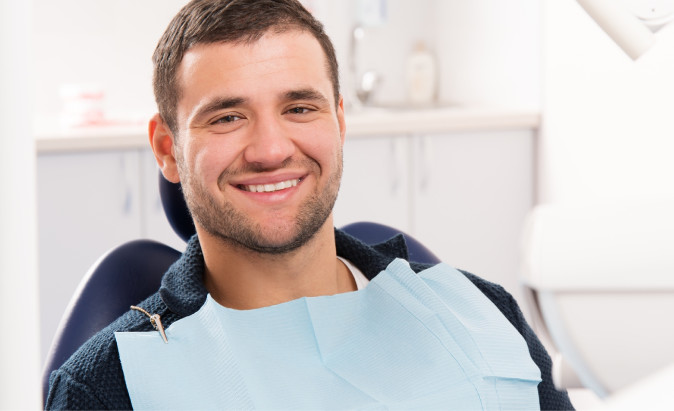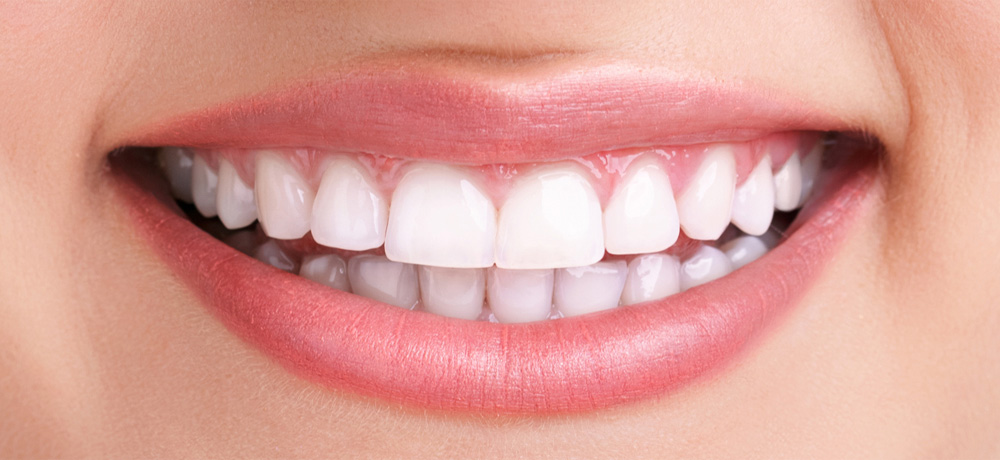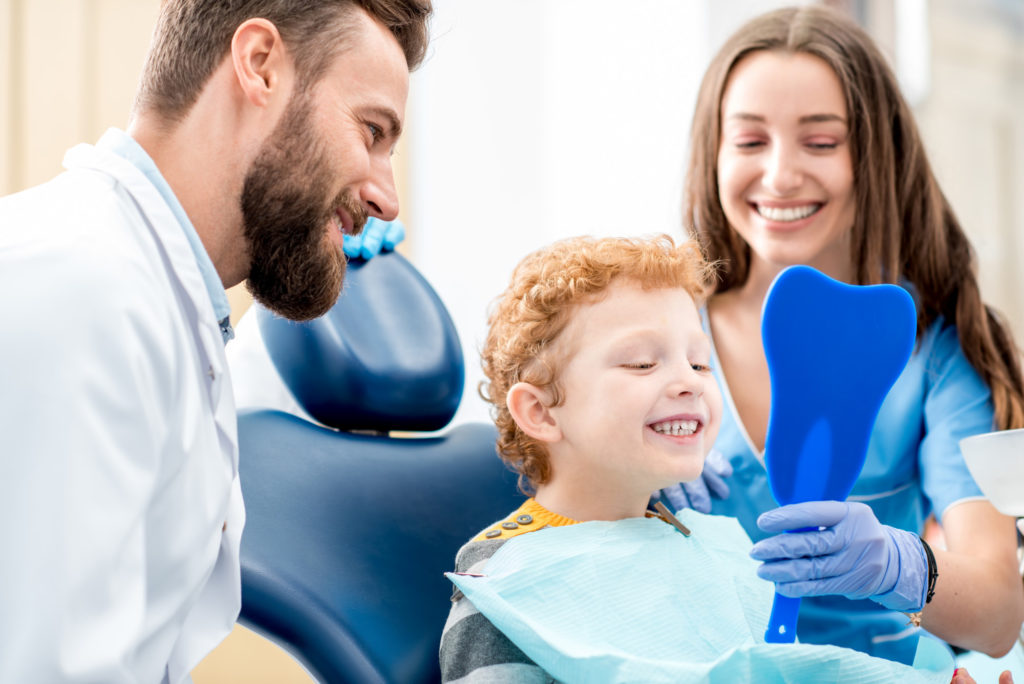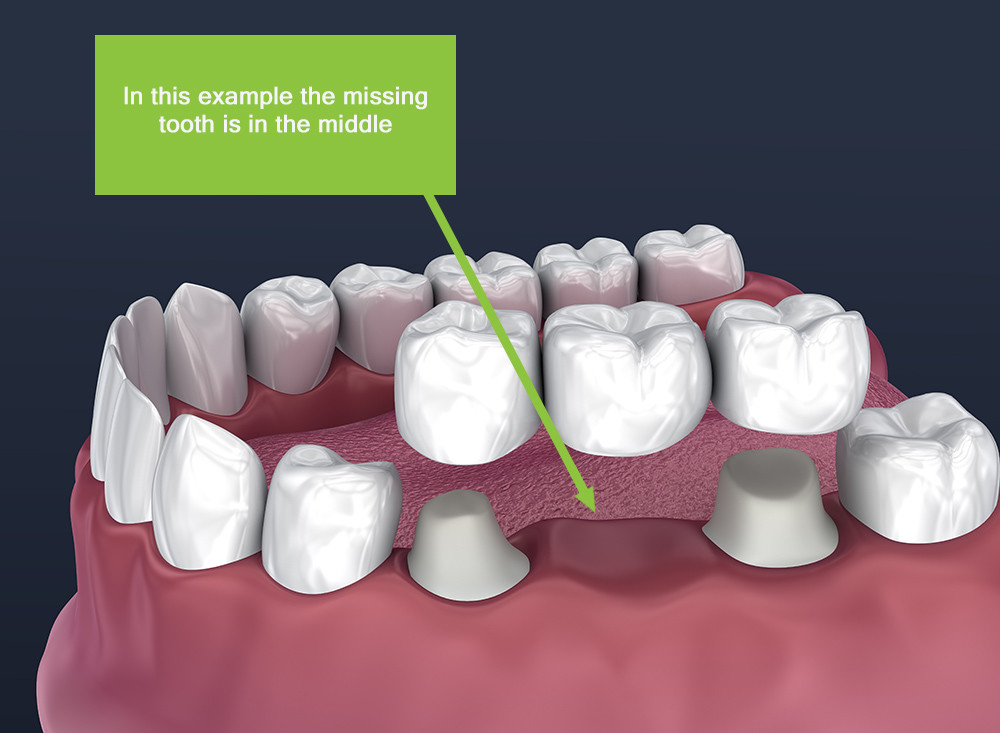When you hear of the term tooth extraction, you think of a dentist. This is because the term refers to the removal of a tooth or tooth root. During the procedure, a dentist ensures minimal damage to the surrounding tissues and the smooth and quick healing of the extraction socket wound. Generally, there aren’t any complications to the patient after the surgery.
A dentist in Brampton and Caledon can recommend tooth extraction for several reasons. These include tooth overcrowding, trauma, periodontal and gum disease, impaction, and tooth decay. For some of these conditions, such as gum diseases or tooth decay, the dentist can suggest preventative care. However, others will require intervention.
At Mayfield Dental we provide all our patients with routine post-surgery instructions. It is beneficial to abide by these guidelines since they help to reduce the occurrence of infection and the chances of dry socket. Not following the aftercare instructions can lead to complications and delayed healing.
Listed below are the dos and don’ts after tooth extraction:
Dos:
Rest
While tooth extraction is a minor cosmetic dentistry procedure, it is a good idea to rest. You may not experience any pain or discomfort, but you must refrain from exercising or doing an excessive activity for a minimum of 24 hours. Moreover, when you lie down, you must maintain a slightly upright position on the pillow.
Allow the Clot to Form
Clot forms at the extraction site to cover and heal it. Once the procedure is over, the dentist gives you a piece of gauze. You must bite on this gauze close to the extraction site. Biting it down in the place of the extraction site for about an hour pressurizes the wound and helps to stop bleeding. Nevertheless, do not chew on the gauze piece. Try to keep it for as long as you can, but remember to change it after around every half an hour. You can change it sooner if you have excessive bleeding.
If bleeding continues for a couple of hours after the procedure, place a wet tea bag on the extraction site. Black tea contains tannic acid, which helps in clotting.
Brush Gently
Be gentle while brushing and avoid the extraction site. A few hours after the tooth extraction, a blood clot is formed. If you apply pressure while brushing, it can dislodge the blood clot and lead to complications. Consequently, make sure that you brush as gently as possible and do not dislodge the blood clot.
Use Ice Packs
After the surgery, keep an ice pack on the area where the surgery was performed. The ice pack aids in reducing swelling. In most tooth extraction procedures, there is no swelling. However, if there is a requirement for severe cheek retractions, there are chances of swelling.
Moreover, swelling is not instant after the operation. You can see it appear for a few days, increasing to the maximum on the 2nd or 3rd day. It is best to apply the ice pack on the day of the extraction as its effect becomes insignificant after 24 hours. You can keep the ice pack on for 15 minutes, then take a break for 15 minutes. Repeat this for 1 to 2 hour periods.
Do Warm Saline Rinses
Remember to rinse the mouth to keep the extraction site clean, as you cannot brush the socket. Add salt to make an isotonic solution that is just like natural tissue fluid. The mixture is not as irritating as water. It is advised that you rinse 12 hours post-extraction. Warm saline rinses aim to keep the area clean and maintain its hygiene.
Take All Medications on Time
Don’t miss medicines. If your kids’ dentist has prescribed antibiotics, make your child take them regularly. Anti-inflammatory drugs and pain killers are commonly taken after tooth extraction. They reduce swelling and pain. If you experience pain even two days after the extraction followed by bleeding, you must get in touch with your dentist in Brampton immediately.
Dont’s
Avoid Eating or Drinking Immediately
Similar to other dental procedures, you must not eat immediately after tooth extraction. The blood clot requires time to cover the tooth extraction site. Therefore, you must refrain from eating, drinking, and talking immediately after the surgery. After 45 minutes, you can drink cold milk or eat ice cream. Additionally, do not use a straw to drink water. Start by eating a soft bland diet after the surgery and then proceed to eat hard or sticky foods.
Don’t smoke
It is best to avoid smoking for 48 hours after tooth extraction. The chemicals in the smoke can affect the clot, increasing the chances of developing a dry socket 3 to 4 days after tooth extraction.
Do Not Take Aspirin
Taking aspirin is not a good idea. Aspirin is a blood thinner and delays clot formation. This will, in turn, prevent healing. Ask your physician for the right medication and consult an emergency dentist before taking the same.
Don’t Touch Your Tongue Into the Gap
The gap created after a tooth extraction feels a little awkward, especially for children. Most children’s dentists explain how important it is to avoid poking the area with the tongue or toothpick. Poking can delay healing, cause bleeding, and also result in a dry socket
Avoid Sucking
After tooth extraction, you must avoid eating hard vegetables, sipping, and smoking. Your diet should include soft and liquid food options. These are mashed potatoes, smoothies, milkshakes, yogurts, soups, etc. You must stay away from sodas, spicy foods, hot drinks, etc.
Final Thoughts
During a simple tooth extraction, the dentist extracts the tooth using forceps and a local anesthetic. Conversely, if there is an impacted tooth, the dentist will need to perform a surgical extraction. The surgery involves removing the tooth after cutting open the gums.
A dentist will always use other possible remedies before removing the tooth. However, in certain cases, the only way to protect your mouth is the removal of the tooth.
Contact us today for an affordable and friendly Tooth Extraction treatment consultation. We have flexible appointment booking process and cater to your schedule including evening and Saturday hours. Call us at 905.840.0225 to book a free consultation or visit our website to book your appointment.




